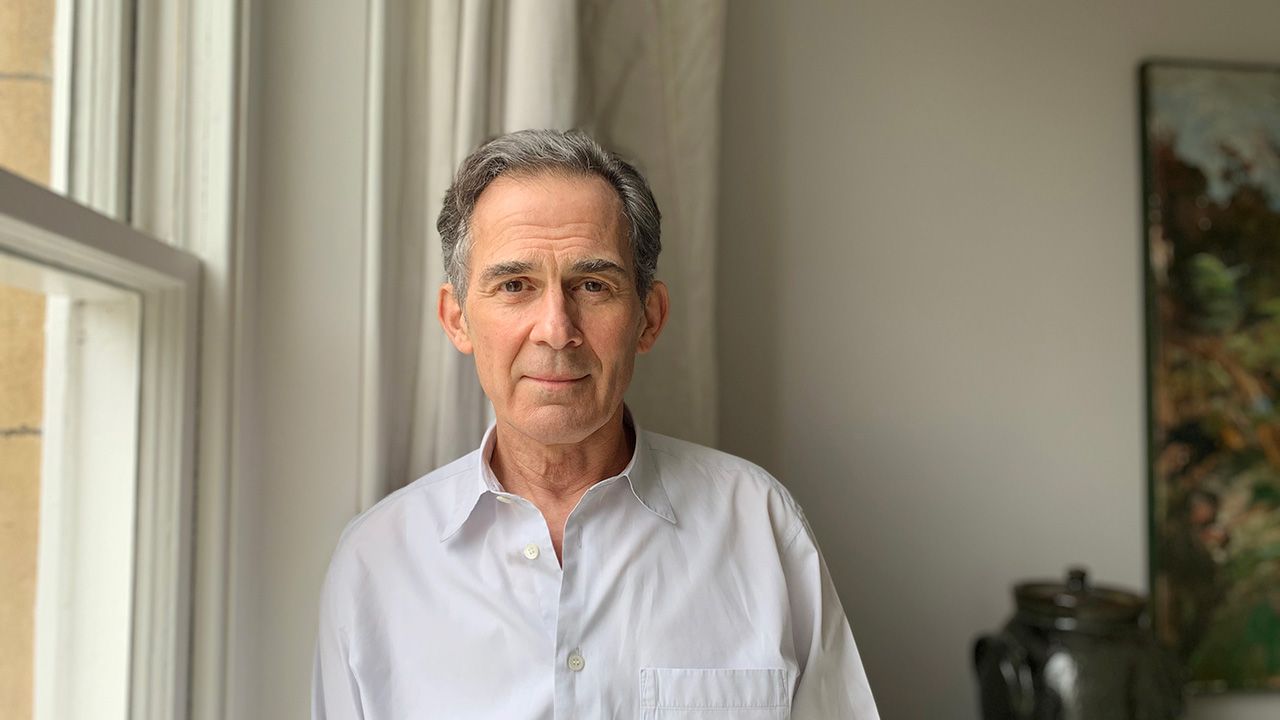The non-dual understanding addresses two essential questions: one, ‘How may we be free of suffering and find the lasting peace and happiness for which all people long above all else?’, and two, ‘What is the nature of reality?’
In relation to the first question, the non-dual approach suggests that happiness is our essential nature, or simply that we are happiness itself. We might then ask, if happiness is our essential nature, why is it not experienced all the time? And the reason is simply this, that whilst all people have a sense of being or knowing their self, not all people know their self clearly. It is this absence of clear self-knowledge that is responsible for the feeling of lack that accompanies most people’s lives and drives them to seek fulfilment in objects, substances, activities, states of mind and relationships.
If you are watching this video, the chances are that the search for happiness in objective experience has failed you sufficiently often to make you doubt that it can ever be truly found there. The non-dual understanding suggests not. In fact, it suggests that in order to find lasting peace and happiness one must know the nature of oneself as one essentially is. As such, self-knowledge is considered to be not only the means by which peace and happiness may be found but the very experience of happiness itself. It is for this reason that the non-dual teaching starts with an investigation into the essential nature of our self, and you can find a video giving an ‘Introduction to Self-Enquiry’ in this section of the website.
This clear knowledge of oneself is also the basis of the second aspect of the non-dual understanding, namely, the recognition that reality is an infinite, indivisible whole, made of pure consciousness, from which all separate objects and selves borrow their apparently independent existence.Everything we know or experience is mediated through the mind, and therefore, the mind’s knowledge of anything can only ever be as good as its knowledge of itself. In order to know what anything truly is – that is, what reality truly is – the mind must first know its own essential nature. Therefore, the investigation into the nature of the mind must be the highest endeavour upon which any mind can embark, and the knowledge of its essence or nature the highest knowledge.
Thus, whether we approach non-duality as a means of finding lasting peace and happiness or, more philosophically, as an answer to the ultimate question about the nature of reality, we begin with an investigation into the nature of our self.This understanding is found at the heart of all the great religious and spiritual traditions, and is expressed in the particular language of the time and place in which it arose. For instance, in Christianity it is said, ‘I and my Father are one’. That is, the essence of our self and the ultimate reality of the universe are the same.
In the Sufi tradition, ‘Whosoever knows their self knows their Lord’. That is, whoever knows the essential nature of their self knows the ultimate reality of the universe. And in Buddhism, ‘Samsara and Nirvana are one’, meaning the nature of the world and the essence of the mind are identical.Indeed, the words ‘Know Thyself’, carved above the entrance to the temple of Apollo at Delphi, indicate that at the very foundation of Western civilisation lies the non-dual understanding that our knowledge of our self is not only the means by which lasting peace and happiness may be found within an individual, but is also the basis for peace amongst individuals, communities and nations, and must, as such, be the foundation of any truly civilised society.
